Magnesium batteries promise to replace the lithium-ion battery, but there remain certain challenges and open questions in this field of research.
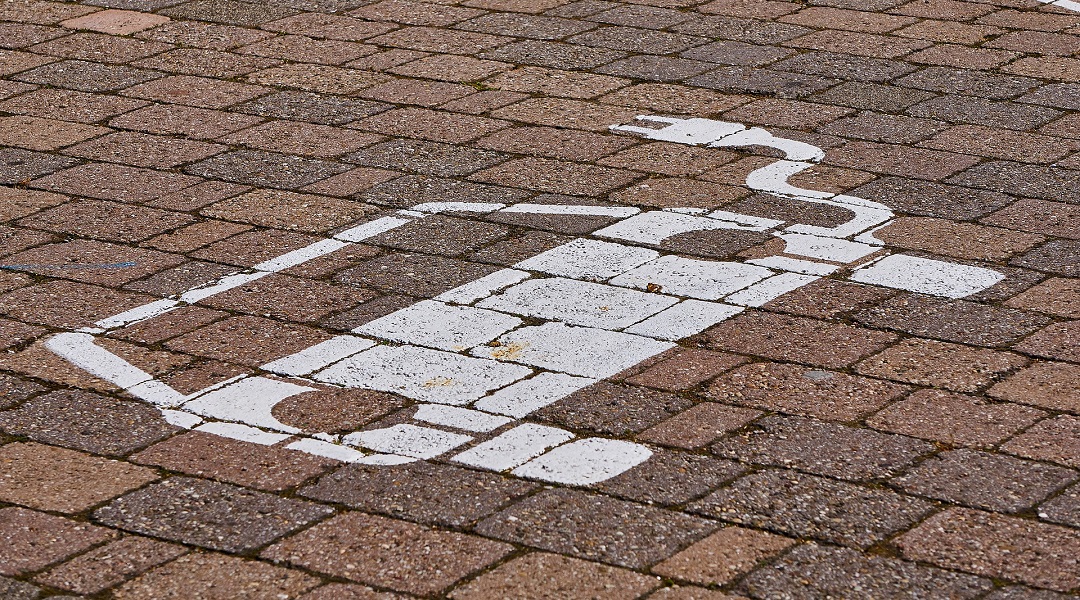

Magnesium batteries promise to replace the lithium-ion battery, but there remain certain challenges and open questions in this field of research.
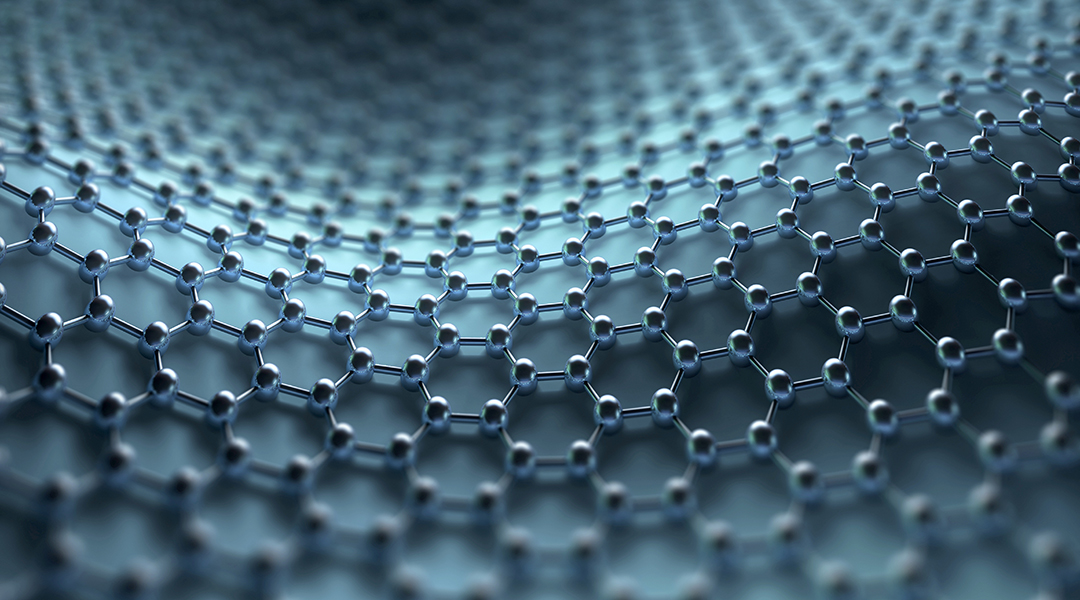
Computational screens allow researchers to efficiently determine how different elemental combinations can alter material properties to quickly identify 2D materials for next generation battery anodes.
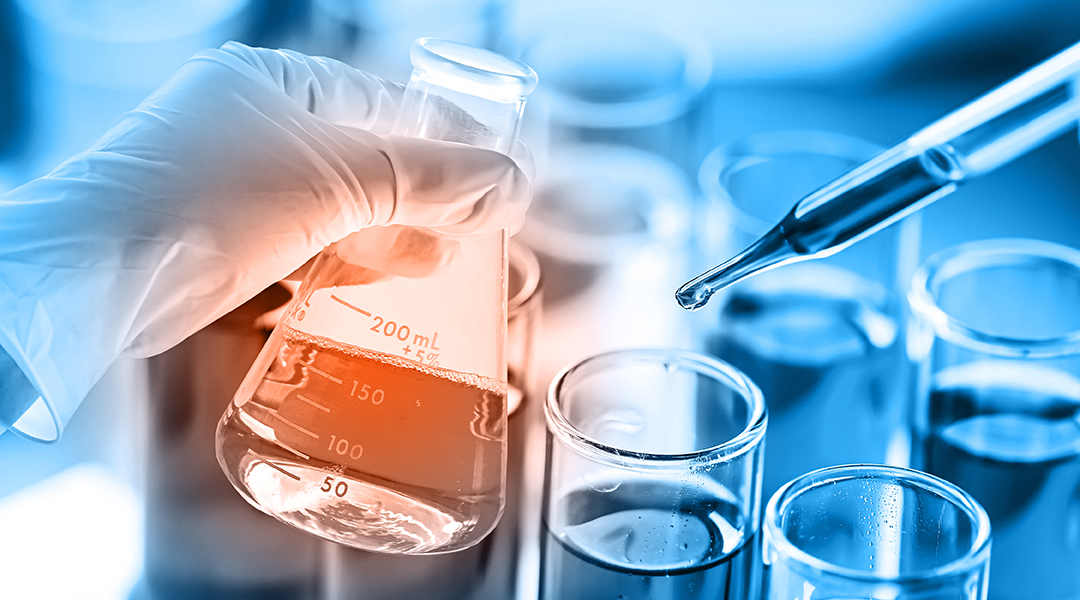
An automated microfluidics‐based reaction system provides hands-off synthesis for the modern lab.
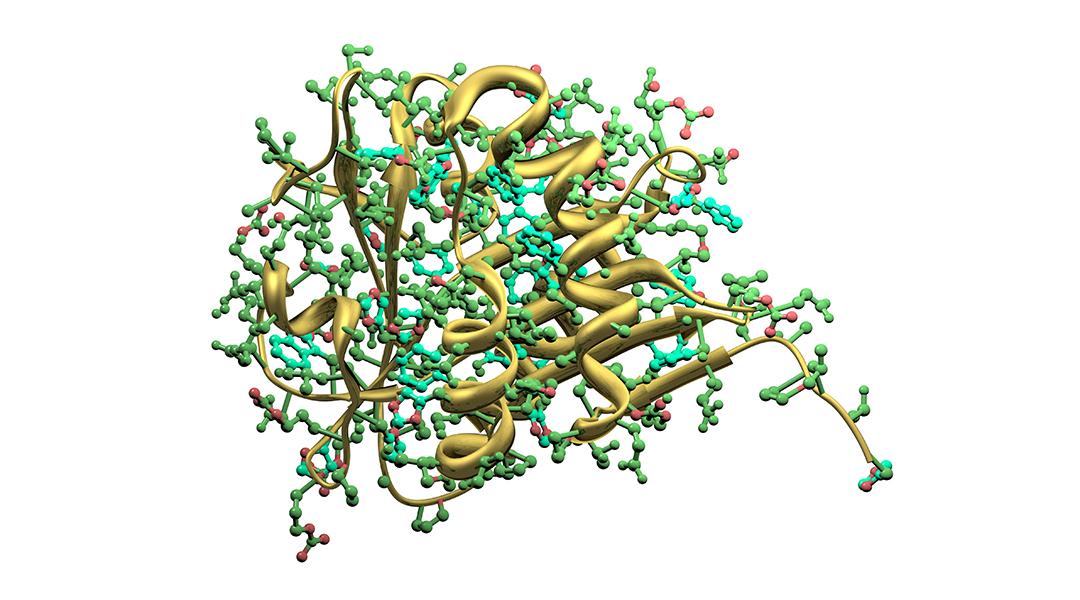
Artificial enzymes promise to not only help us understand the complex functioning of enzymes, but will create a new generation of biosystems for sustainable chemistry practices.

Researchers at UC San Diego bring lithium metal batteries one step closer to commercialization with their new ultrasound device.

For the UK to make headway with its ambitious Absolute Zero plan, it calls for an administration that understands the subject and what is needed for its success.

How do brown dwarves form, and in what parts of the galaxy?
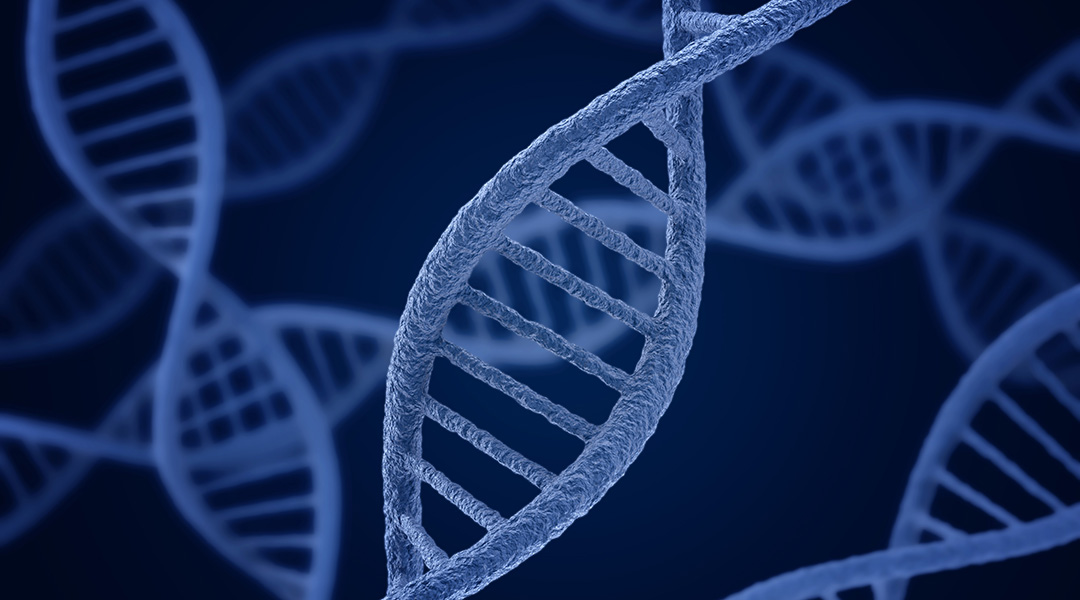
The first human trial using CRISP-edited genes to fight cancer has promising results.
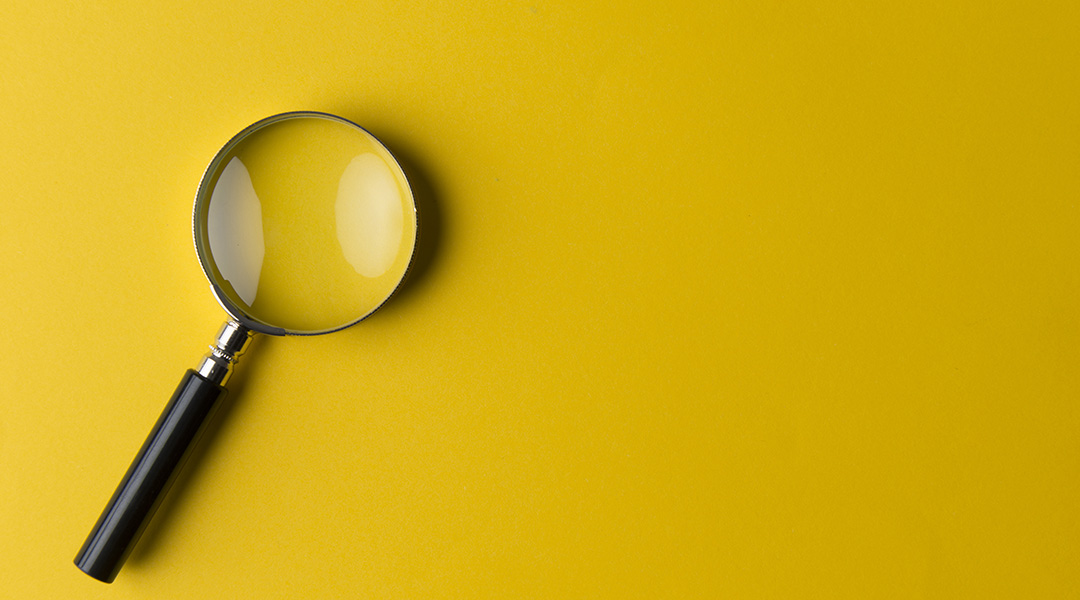
Wiley will provide free access to all articles related to the coronavirus in support of the outbreak relief efforts in China.
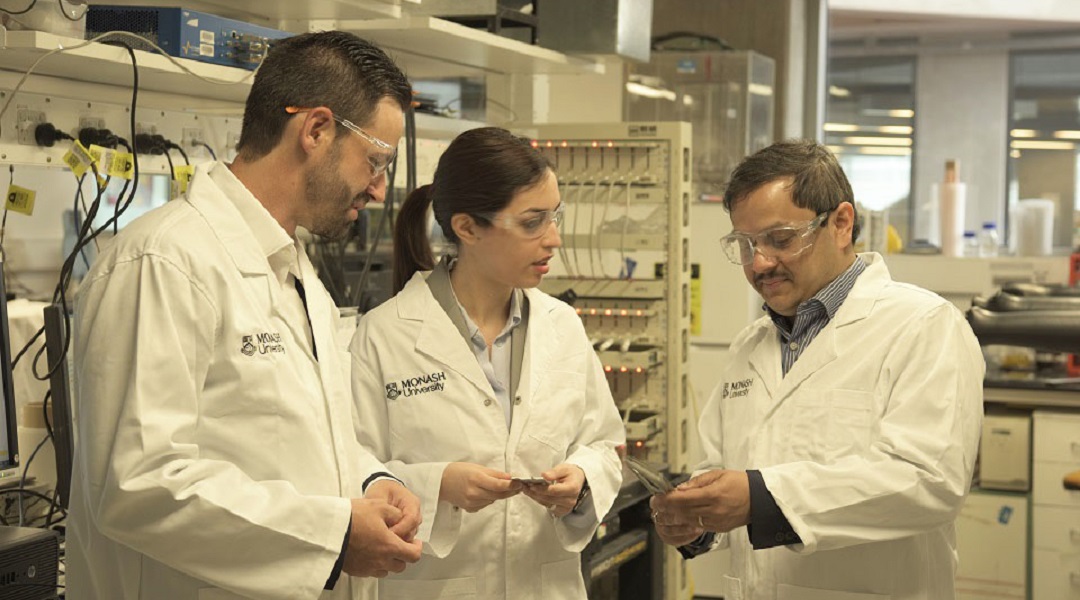
Monash University researchers have developed the world’s most efficient lithium-sulphur battery, capable of powering a smartphone for five continuous days.